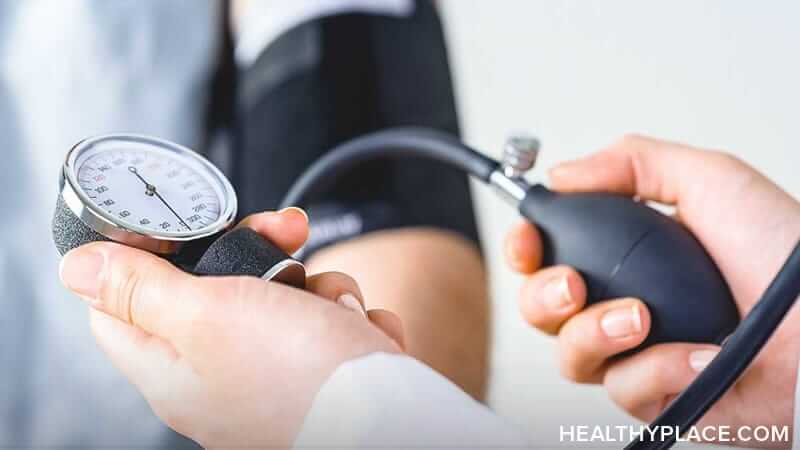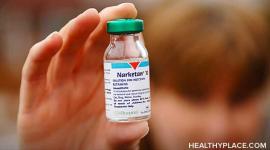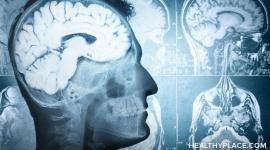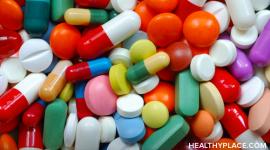What Are the Side Effects of Ketamine for Depression?

The side effects of ketamine for depression are typically mild but can range in severity. Understanding the ketamine infusion therapy for depression side effects before starting treatment is a good idea so that you know what to look for and aren’t surprised by the more common ketamine side effects.
Side Effects of Ketamine
It’s important to remember that the doses of ketamine for depression treatment are far smaller than any dose that would be used recreationally or as an anesthetic (Can You Get Addicted to Ketamine?). Thus, if you read about the side effects of ketamine in general, you will likely see more severe and different side effects listed than those experienced by those being treated for depression.
Some of the common side effects experienced when larger dosages are used include:
- High blood pressure
- Increased cardiac output
- Pressure inside the skull (intracranial pressure)
- Irregular heart rhythm
- Seizure-type movements (tonic-clonic movements)
- Hallucinations
- Vivid dreams
Side Effects of Ketamine for Depression
As mentioned, dosages of ketamine when used to treat depression are very small. However, ketamine infusion therapy side effects still exist.
According to a small 2012 study wherein patients received up to six ketamine infusion treatments for treatment-resistant depression, the following were the commonly-reported side effects:
- The presence of psychotic symptoms (delusions and/or experiences of things that don’t exist such as hallucinations)
- Dissociative symptoms (feeling “out of body,” disconnected, etc.)
- Feeling “strange” or “unreal”
- Abnormal sensations
- Blurred vision
- Feeling drowsy or sleepy
- Elevated heart rate or blood pressure
Notably, only four people in the study (16.7%) reported any side effect that impaired functioning at any time.
That said, the majority of people who were given ketamine infusion therapy for depression did experience some side effects, most remitting within two hours after the infusion.
Those who responded positively to the ketamine treatment experienced the same level and type of side effects that those who did not respond experienced.
Positive Effects of Ketamine for Depression
In a small, recent study, it was found that within two hours of the first dose of ketamine, each individual item on a depression scale known as the Montgomery– Asberg Depression Rating Scale (MADRS), was reduced with the exception of appetite and sleep items which couldn’t be assessed at that time.
The following positive effects of ketamine for depression were seen as reductions in:
- Suicidal thoughts
- Pessimistic thoughts
- Inability to feel
- Feelings of weariness, diminished energy or listlessness (lassitude)
- Concentration difficulties
- Inner tension
- Reported sadness
- Apparent sadness
The largest positive changes were seen in lassitude, concentration difficulties, and apparent sadness.
It’s important to remember that while these positive ketamine health effects will be seen by many, not everyone responds to ketamine treatment in this way. In the above-mentioned study, 71% of people had a positive response to ketamine treatment for depression and it is known that those receiving more treatments have a better chance at a positive response.
APA Reference
Tracy, N.
(2022, January 4). What Are the Side Effects of Ketamine for Depression?, HealthyPlace. Retrieved
on 2026, March 4 from https://www.healthyplace.com/depression/depression-treatment/what-are-the-side-effects-of-ketamine-for-depression



